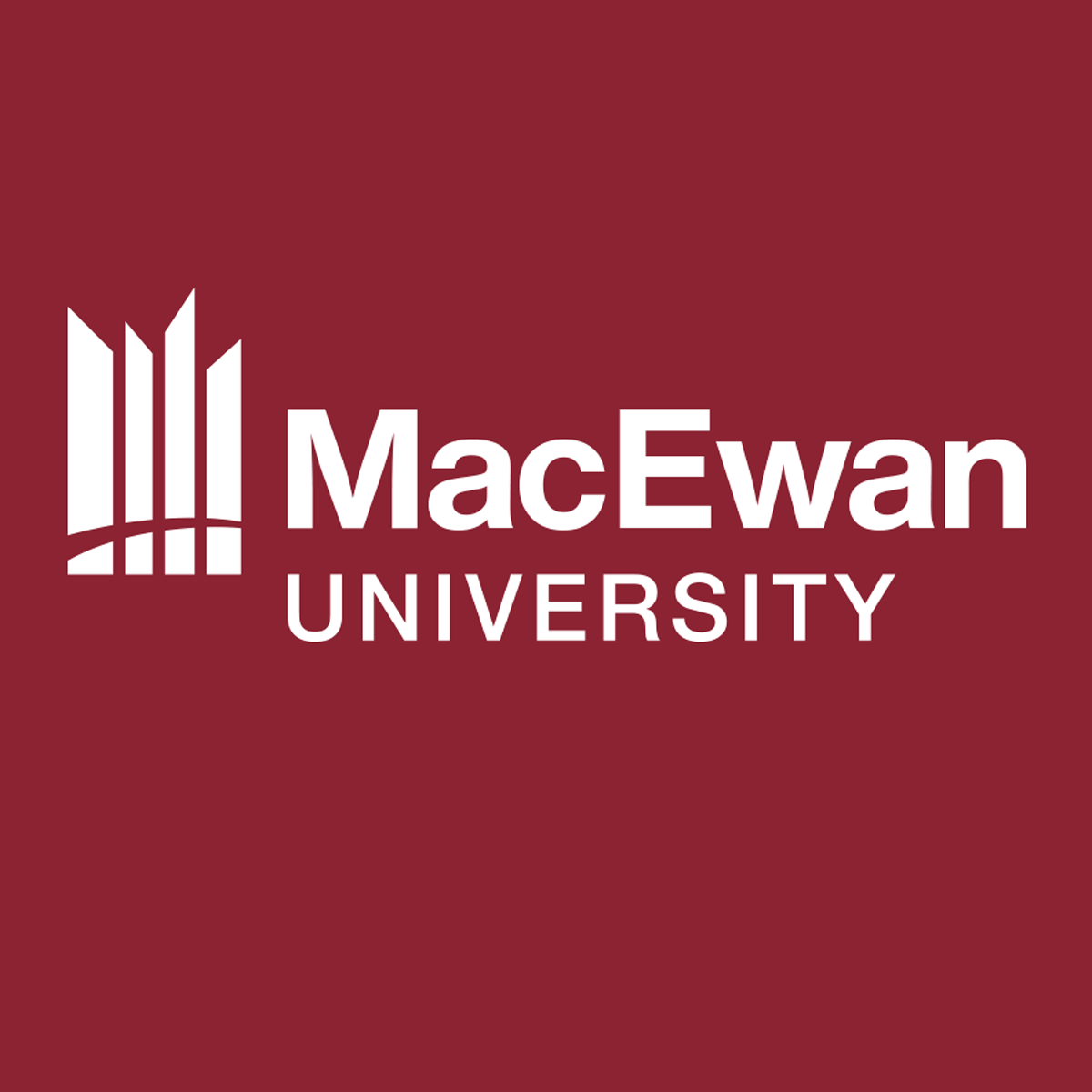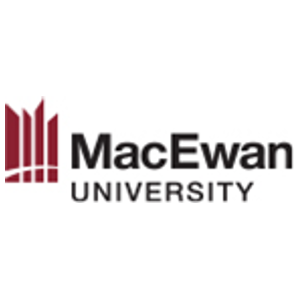- Portals
-
-
 Edmonton, Alberta, Canada
Edmonton, Alberta, Canada -
 Edmonton, Alberta, Canada
Edmonton, Alberta, Canada
-
- Categories
- Accounting Communications Education
Achievements
Latest feedback
Experience Feedback
Experience Feedback
Experience Feedback
Recent experiences
WINL 301 - Arts & Science Disciplines Placement Program
Students in their 3rd and 4th years can participate in these placements. Students will be from a wide degree of majors in the Bachelor of Arts and Bachelor of Science programs. You can expect students to have a solid foundation of knowledge in their program discipline and be capable of working at a fairly independent level (with mentorship and feedback regularly provided throughout the placement). Roles offered to students should reflect early-career level work for their discipline. Bachelor of Arts Majors include: anthropology, economics, English, history, philosophy, political science, psychology, sociology Bachelor of Science Majors include: applied statistics, biological sciences, chemistry, computer science, mathematical sciences, mathematics, physical sciences, psychology
PNRS 420 -Community Mental Health
13364
Student Profile: Students in this course are in their four-year Psychiatric Nursing program. These students can be expected to have an advanced understanding of this project area. Student Profile: Skills already have: Advanced communication skills Regulated professional (registered psychiatric nurses) Completed mental status examination Understand leadership and leadership roles Exposure to research methods Skills to be developed: Community engagement skills Disseminating information Enhancing the application of working with underrepresented population Promoting health within a community Commitment: Community Partners should provide a dedicated supervisor for the project team. The supervisor will be responsible for the following: present the project to the class, host an onboarding meeting with their matched student team, provide ongoing communication, direction, and feedback about the project, attend the final presentation, and offboard the student team by providing feedback on the project as well as the student’s competency development.
CMPT 496 - Computer Science Capstone Projects
13393, 13392
Student Profile: Students in this course are in their 4th year of the Bachelor of Science, Computer Science program. These students can be expected to generally have intermediate to advanced understanding in computer science related topics. Skills already have: Creative and analytical thinking Research and information management abilities Ability to apply knowledge of basic project management skills to computer science activities. Work as part of a team to communicate and collaborate effectively with colleagues, team members, employers, and technical and non-technical personnel. Demonstrate professional and ethical responsibility in the information technology field and workplace. Understanding of current technologies and trends Skills to be developed: Consulting and understanding specific needs of a client Developing project plan to complete client projects Building experience in completing prototypes/pitches/small scale end deliverables for real organizational needs and challenges Students will come with a wide range of computer science skills and depending on their degree focus will also have specialized skills in different areas. Students can complete their Computer Science degree in the following 4 streams: General Databases and Interactive Visualization Systems and Information Security Video Gaming
Public Policy Field Placement
10943
Student Profile: Students in this course are in their four-year Policy Studies program. These students can be expected to have an advanced understanding of this project area. Student Profile: Skills already have: Excellent written or Oral communication skills, specialized qualified research training, data analysis, primary data collection, analytical and critical thinking, and ability to analyze issues based on an ethical standpoint. All senior students. Skills to be developed: Professional skills and hands-on learning. Real work experience, learning about applying concepts to practical situations/issues—interpersonal skills.
